
Who said caffeine was bad for you? Not the USDA!
In their 2015-2020 Dietary Guidelines, the United States Department of Agriculture and the Department of Health and Human Services have included caffeine as part of a normal diet for the first time. They note that the moderate consumption of coffee (or three to five 8-oz cups of coffee a day, up to 400 milligrams of caffeine) is not associated with an increased risk of major chronic diseases or premature death. They do note, however, that if you do not normally consume caffeine, it won’t benefit you to start.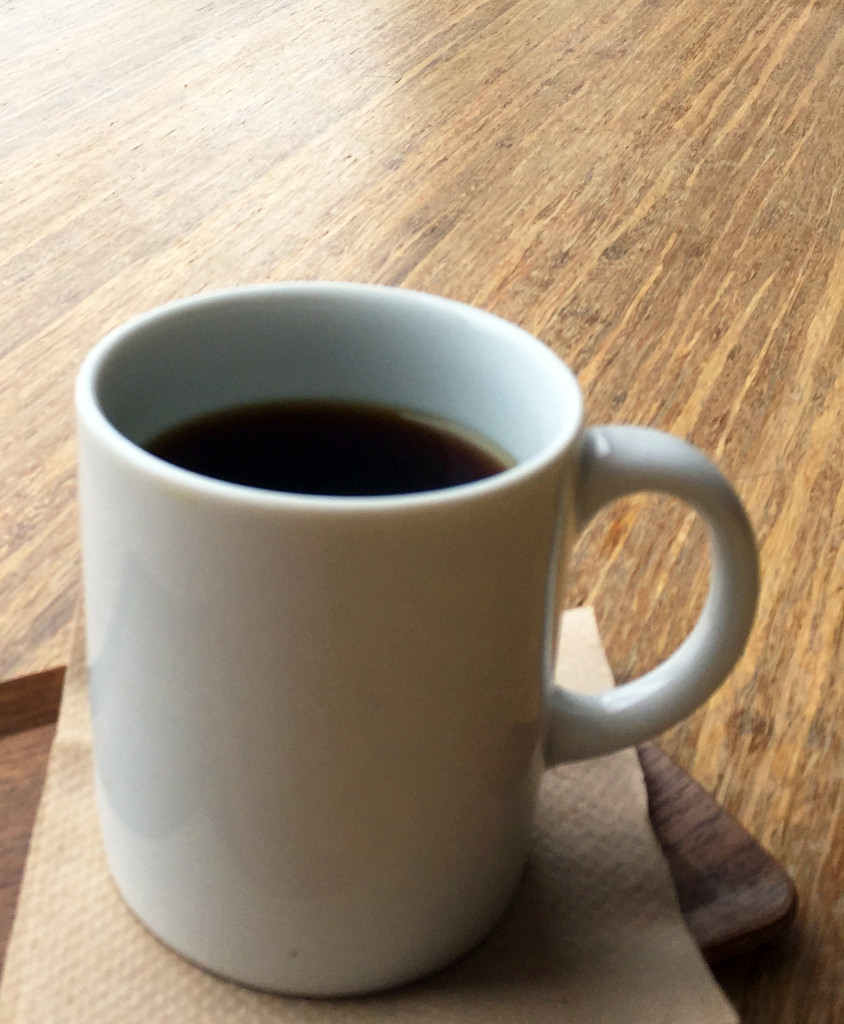
What are the benefits to consuming caffeine?
Freshly brewed coffee contains antioxidants, which fight free radicals. As a bean, coffee also contains minerals like magnesium and chromium, which reportedly help regulate insulin and can be beneficial for those with type 2 diabetes. Other research has linked coffee with a lower risk of Parkinson’s disease, dementia, Alzheimer’s, strokes, oral cancer, and liver disease. Harvard’s School of Public Health even found that coffee apparently reduces the risk of suicide.
Coffee connoisseurs should rejoice, but also take into consideration that most research was based on black coffee, without added sweeteners or creamers, both of which add calories, saturated fats, and processed sugar. So if you like your lattes venti and caramel, don’t count on experiencing huge health benefits from your morning coffee run. This site gives calorie and caffeine amounts for some popular beverages.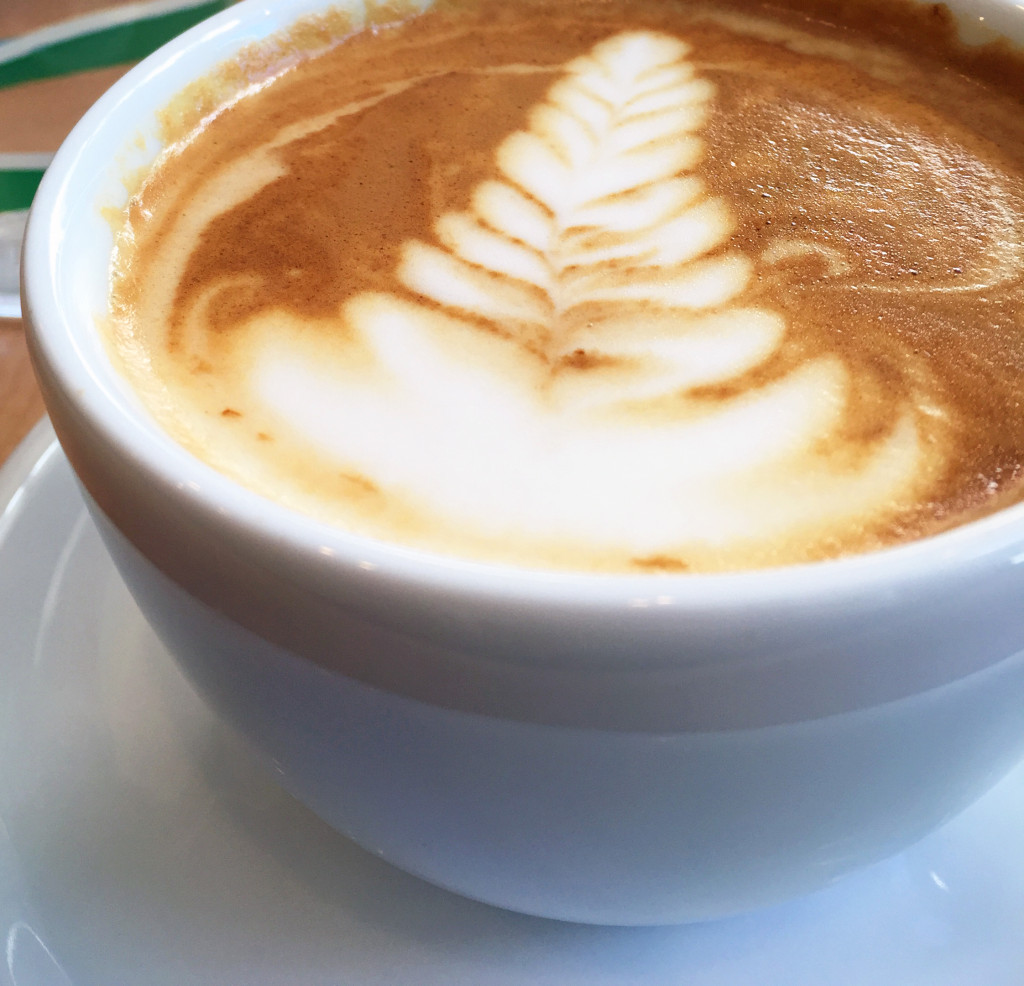
What are the downsides to your daily ritual?
For those with sensitive stomachs and digestive issues, coffee can act as an irritant to your gastrointestinal tract because of its high acidity. In higher doses, caffeine can increase anxiety, cause insomnia, give you feelings of daytime fatigue, and, long-term, increase your risk of osteoporosis.
If you’ve ever experienced a caffeine crash or high, you probably can attest to the fact that getting your caffeine from different sources can change how your body feels both during and after. Luckily, your morning cup of Joe isn’t the only thing that contains caffeine. Caffeine is a naturally occurring product of both tea and cocoa beans. Other alternatives also exist that can give you a boost of energy.
If you don’t want to limit your caffeine input, but want some healthier options, here are some easy swaps for your morning mocha or rockingenergy drink.
 TEA
TEA
People underestimate just how much caffeine there really is in tea. For example, yerba mate, a tea made from South American rainforest holly, contains about 85 mgs. Your everyday black tea can contain up to 47 mgs per cup. These amounts weigh in closely to the 80 mgs of caffeine in a double espresso shot. The extra benefit is that tea is chock full of antioxidants and anti-inflammatory polyphenols.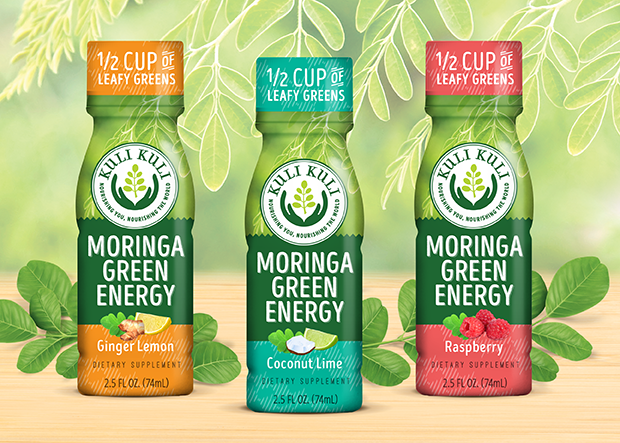
HEALTHY ENERGY DRINKS
A number of energy drinks are popping up that are more natural, like the new Kuli Kuli energy shots, but still contain caffeine. Look for a product that doesn’t contain high amounts of sugar or “filler” ingredients (like sorbates). The Kuli Kuli energy shot weighs in at 95 mgs of caffeine derived from green tea and only 5 grams of sugar. The icing on the cake – moringa powder itself is said to have energy boosting properties.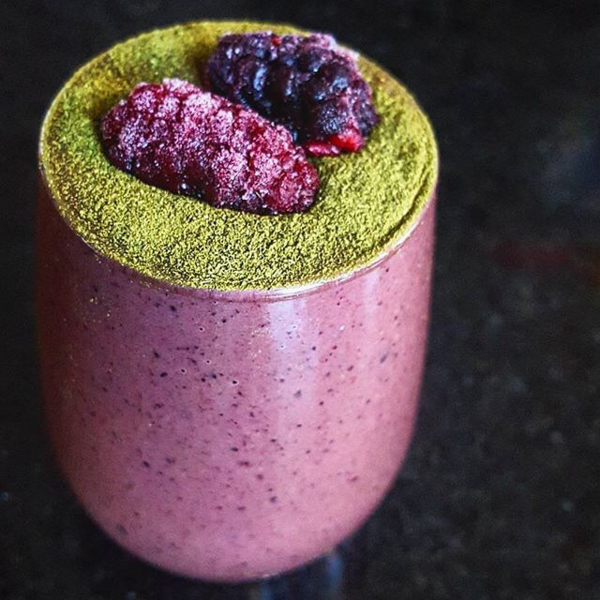
CAFFEINE ALTERNATIVES
There are other ways to get a boost of energy without caffeine. For example, antioxidant rich raw juices and smoothies with superfoods like maca powder and raw cacao nibs can also help with your 3 PM slump.
As always, aim for a healthy balanced diet and take everything in moderation.

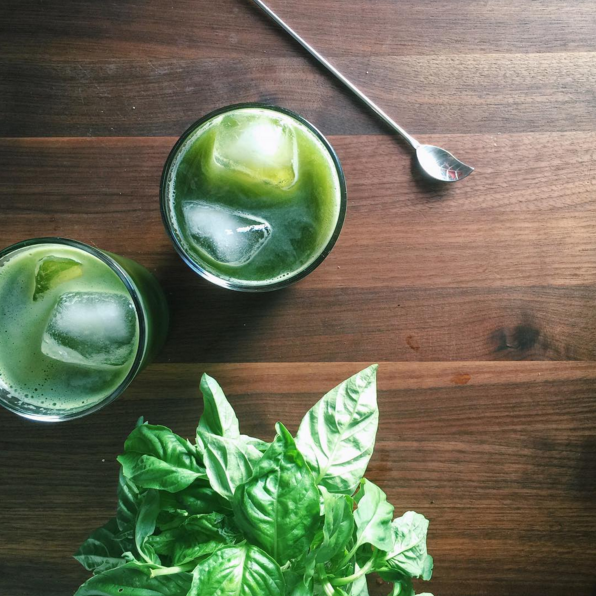





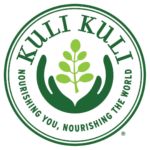

There was a question in my mind about “caffeine is good or bad for us”. After reading this post my all doubts are cleared. And you described very well about it. Thanks very much for sharing.
So glad you found the article helpful. Thanks Gurlal!